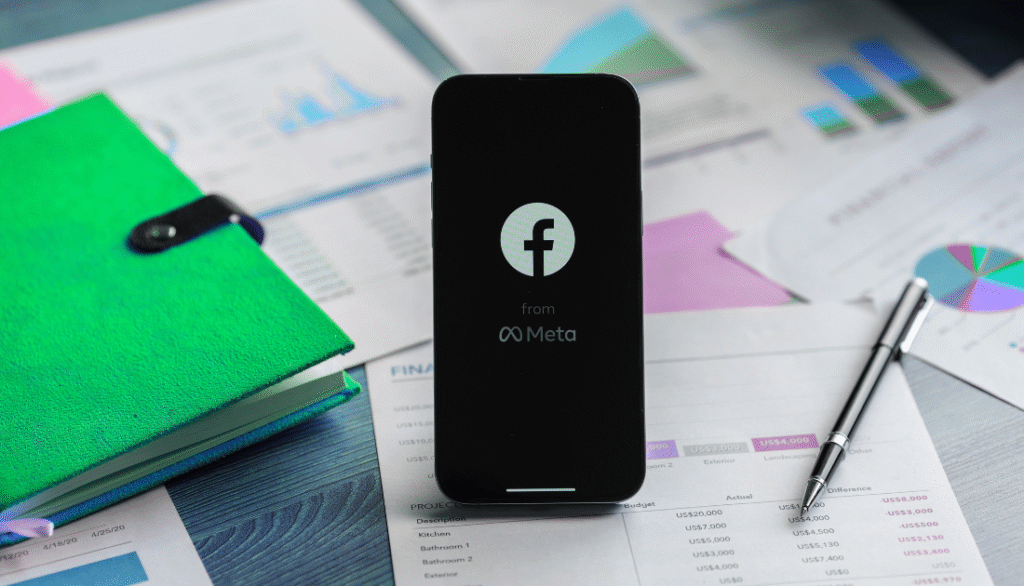Meta is currently testing a new feature on Facebook that prompts users to grant access to their private camera roll media to power AI-generated Story suggestions.
Highlights
- New AI-Powered Story Suggestions: Meta is testing a Facebook feature that analyzes users’ private camera roll photos and videos to generate AI-based Story ideas and content suggestions.
- Opt-In, But Controversial: Users must grant explicit permission for the feature, but some report confusion over when and how they opted in. The feature can be disabled in Facebook settings under “Camera Roll Sharing Suggestions.”
- Cloud Upload and AI Processing: Selected media is uploaded from users’ devices to Meta’s servers for AI processing. Meta claims the data will only be used for content suggestions, not ad targeting.
- 30-Day Data Limit (With Exceptions): By default, Meta limits AI scanning to photos and videos from the past 30 days. However, certain Story themes (like weddings or pets) may pull older content.
- Metadata and Facial Feature Collection: Although Meta says media won’t train AI models (for now), the company does collect metadata like timestamps, geolocation, and facial feature details under its general AI terms.
- Privacy Backlash: Privacy advocates and users have raised concerns about data retention, consent clarity, and the possibility of future policy changes that could enable broader AI training on personal media.
- Uncertain Rollout Timeline: Meta has not confirmed when—or if—this feature will exit testing and launch globally.
The test, aimed at enhancing personalization for users, has sparked concerns over privacy, data handling, and the long-term use of user-generated content.
According to TechCrunch and The Verge, some Facebook users in the U.S. and Canada have recently encountered a pop-up while posting Stories.
This prompt asks users to opt into a feature that allows Meta AI to analyze photos and videos stored locally on their device—even if those files were never uploaded to Facebook.
In return, users receive AI-powered content suggestions, such as personalized collages, themed recap videos, and restyled image effects for events like birthdays, holidays, or anniversaries.
How the Feature Works
Once enabled, the feature continuously scans the user’s camera roll for relevant media, using factors like time, location, and visual themes.
Selected photos and videos are then uploaded to Meta’s cloud servers for AI processing. Meta has emphasized that this feature is entirely optional and that users can disable it at any time via the Facebook settings menu, under “Camera Roll Sharing Suggestions.”
Meta states that the analyzed media will not be used for ad targeting and that AI-generated suggestions will remain visible only to the user unless they choose to share them.
Additionally, Meta says it is limiting data collection to media from the past 30 days, though exceptions apply for certain themed Story prompts (such as pets or weddings), which may source older files still stored on the device.
Data Usage, Metadata, and AI Terms
While Meta has clarified that photos and videos from users’ camera rolls will not currently be used to train its AI models, the company’s terms of service include provisions for collecting facial feature data, object recognition details, and other metadata, such as timestamps and geolocation information.
Privacy advocates have raised concerns that this leaves open the possibility for policy changes in the future.
Meta’s communications team further clarified that although the company does not use this media for training AI models at this stage, the current policy applies specifically to this test phase.
This has led to questions about whether such data could be utilized for training purposes in later product iterations.
User Reactions and Privacy Concerns
The rollout has triggered skepticism across privacy forums and social media, with some users expressing concerns over ongoing cloud-based access to personal photos.
Reports from users suggest that some were unaware they had opted in, particularly when AI-powered image restyling tools started appearing on photos that hadn’t been posted to Facebook.
Unlike platforms like Google Photos, which explicitly state that private media will not be used to train AI models, Meta’s opt-in language has been described by some analysts as vague.
This has intensified worries around data retention, consent clarity, and the broader implications of AI personalization tied to private content.
Meta has not provided a timeline for when—or if—this feature will move beyond its current testing phase.


